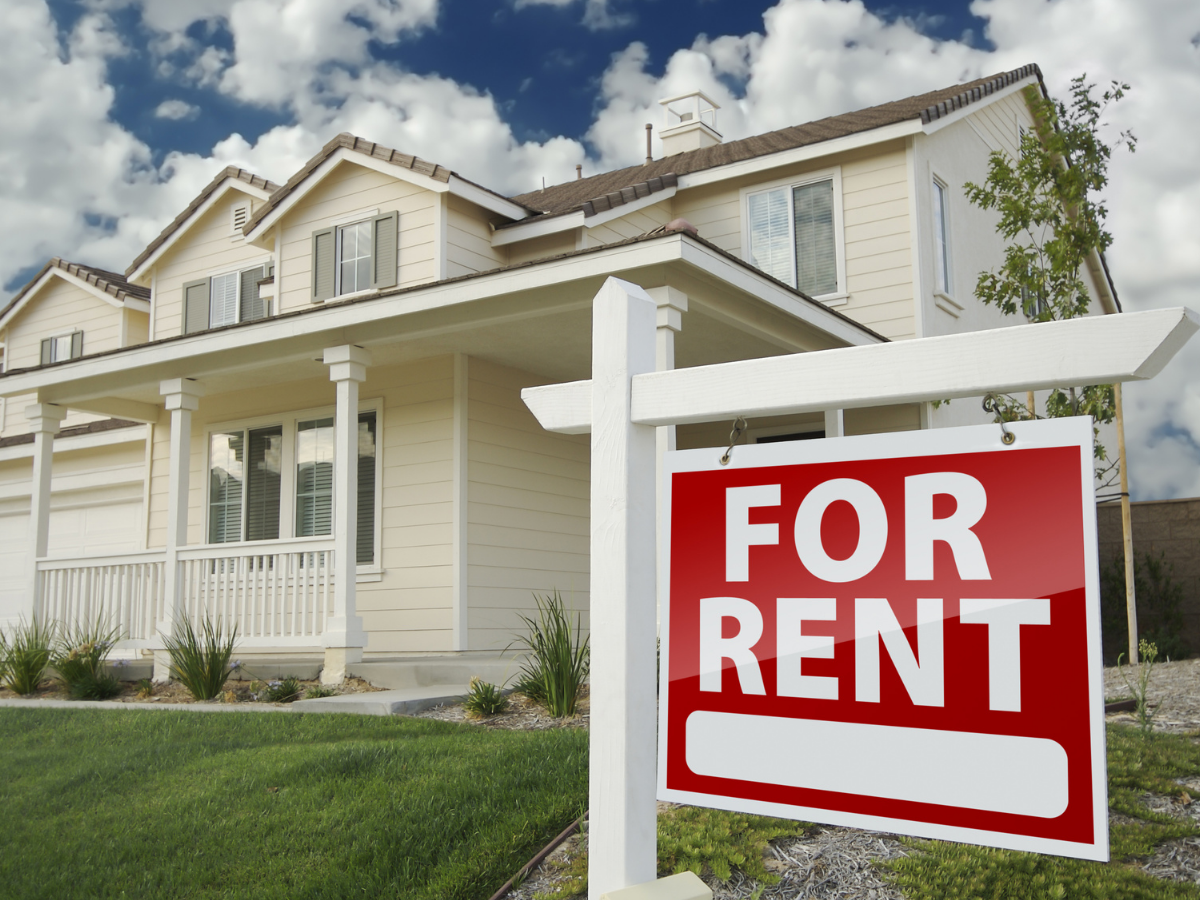For Landlords: Rent Increase in Portland
Understanding the laws regarding rent increase in Portland is crucial for maintaining a profitable and compliant rental business. The city has specific regulations that govern how and when you can increase rent, ensuring that tenants are protected while also allowing landlords to adjust their rental income in response to market conditions. This article aims to provide a comprehensive overview of the laws surrounding rent increase in Portland, helping you navigate this essential aspect of property management.
Introduction
Portland's rental market has seen significant changes in recent years, driven by a growing population and increasing demand for housing. As a result, you may find yourself needing to adjust rent prices to keep pace with rising costs and market trends. However, it's essential to approach rent increases with a clear understanding of the legal framework that governs them.
The laws surrounding rent increase in Portland are designed to balance the interests of landlords and tenants. By familiarizing yourself with these regulations, you can ensure that you comply with local laws while also protecting your investments. This article will explore the specifics of how much rent can be increased, when increases can occur, and the proper procedures to follow.

How Much Can a Landlord Increase Rent in Portland?
In Portland, the amount you can increase rent is primarily governed by the city's rent control laws. As of 2023, the maximum allowable rent increase is capped at 7% plus the consumer price index (CPI) for the Portland area. This means that you can increase rent by a total of up to 10.3% in any given year, depending on inflation rates. It's essential to stay updated on the current CPI, as this figure can change annually and directly impacts how much you can increase rent. You should also consider the potential effects of these increases on tenant retention and the overall rental market dynamics.
These limits apply to most residential rental properties; however, there are exceptions. Properties that are less than 15 years old, single-family homes, and certain affordable housing units may not be subject to the same rent control measures. Understanding these nuances is vital to ensure compliance while planning your rent increases. Additionally, you must provide proper notice to tenants before implementing any rent increase, typically at least 90 days' notice for increases that fall within the allowable limits.
Moreover, it’s important to consider the broader context of the rental market in Portland. The city has seen a significant influx of new residents in recent years, driven by its vibrant culture, job opportunities, and natural beauty. This demand can lead to competitive pricing, and you may feel the pressure to maximize your rental income. However, balancing the need for profitability with the potential for tenant displacement is crucial. Engaging in open communication with tenants about any planned increases can foster goodwill and help maintain a positive landlord-tenant relationship, which is especially important in a city where housing stability is a growing concern.
Familiarize yourself with local resources and organizations that provide support and guidance regarding rental regulations. The Portland Housing Bureau offers various programs and information to help both landlords and tenants navigate the complexities of rental agreements and rights. By staying informed and proactive, you can comply with the law while contributing to a more equitable housing landscape in Portland.
When Can You Increase Rent?
Timing is critical when it comes to rent increase in Portland. You are required to provide tenants with at least 90 days' notice before implementing any rent increase. This notice must be written and delivered in a manner that is compliant with local laws, ensuring that tenants have adequate time to adjust their budgets or consider their options.
Additionally, rent increases can typically only occur once within a 12-month period. This means that you should carefully consider the timing of your increases to maximize your rental income while remaining compliant with the law. Also, you cannot increase rent in retaliation against tenants who have exercised their legal rights, such as filing complaints about housing conditions.
How Do You Increase Rent?
Rent increase in Portland involves a few crucial steps to ensure compliance with the law and maintain a positive relationship with tenants. First and foremost, calculate the new rent amount based on the allowable increase percentage, taking into account the current CPI. Once you have determined the new rent amount, draft a formal notice to the tenant.
The notice should include essential details such as the current rent amount, the new rent amount, the percentage increase, and the effective date of the increase. It’s advisable to send this notice via certified mail or another method that provides proof of delivery, ensuring that there is a record of the notification.
After sending the notice, be prepared to discuss the increase with your tenants. Open communication can help alleviate any concerns tenants may have and foster a better landlord-tenant relationship. If tenants have questions or concerns, be prepared to address them respectfully and professionally.
Final Thoughts: Rent Increase in Portland
Understanding the laws surrounding rent increases in Portland is essential to managing your properties effectively and legally. By staying informed about the maximum allowable increases, the timing of rent adjustments, and the proper procedures for notifying tenants, you can navigate these regulations with confidence.
Ultimately, being well-informed helps you maintain a successful rental business while also fostering positive relationships with tenants. As the rental market continues to evolve, staying updated on any changes to local laws and regulations is crucial for long-term success in property management. By adhering to the guidelines set forth by the city, you can ensure that you are operating within the law while also maximizing your rental income.
If you want to maximize your rental income without becoming an expert on landlord-tenant law, reach out to Evernest’s Portland property management team today!

